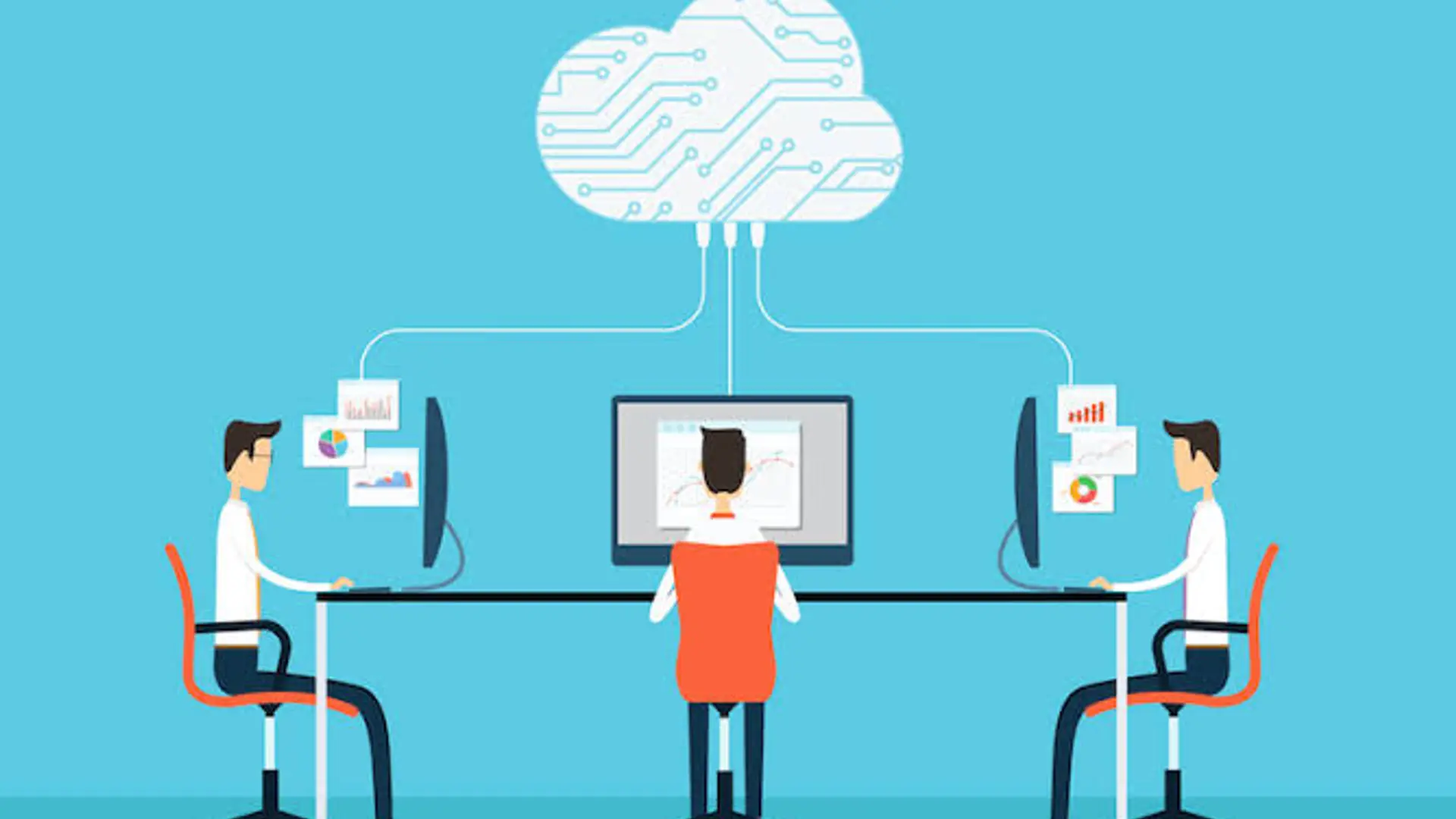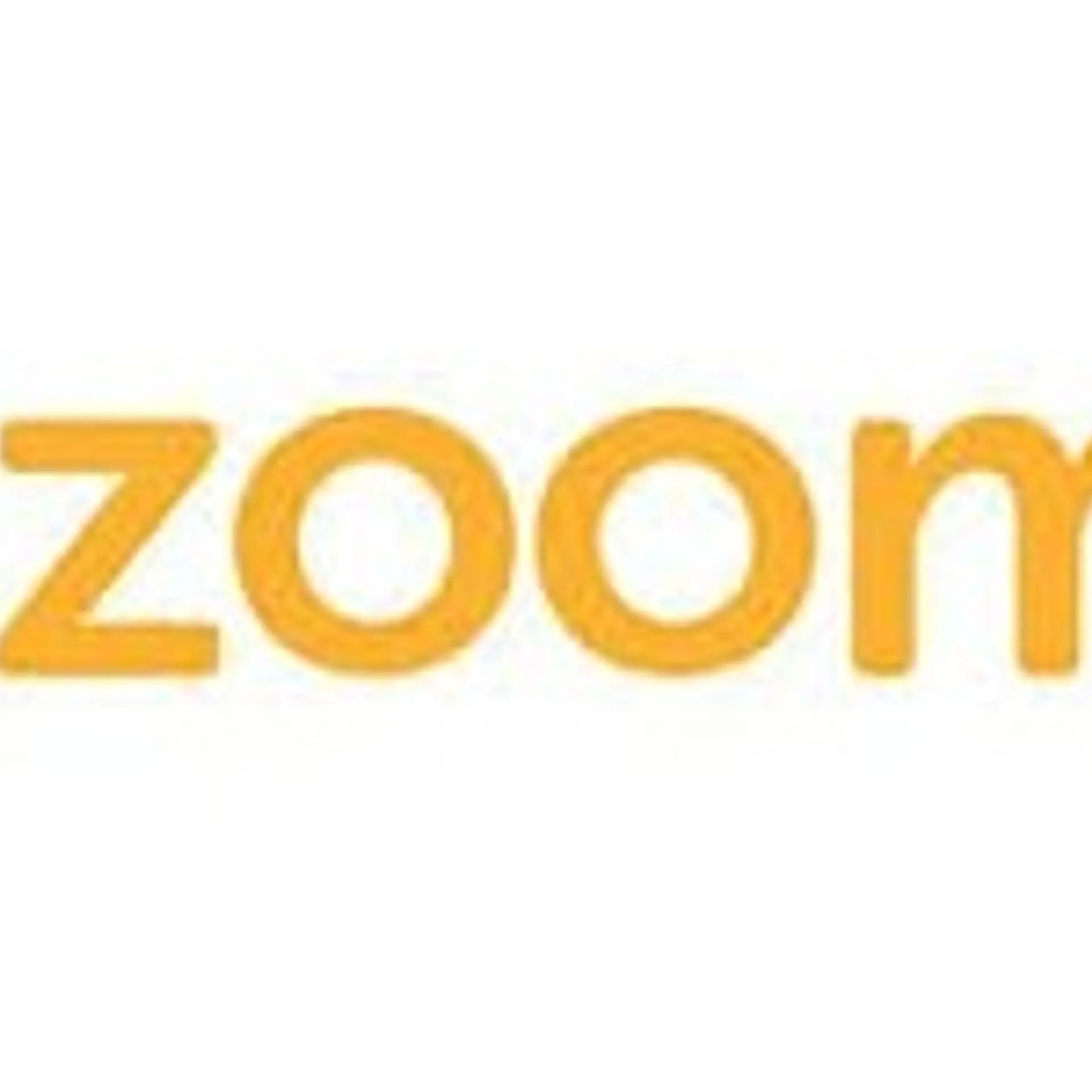

How a learning management system can help with students' skill development?
LMS is an online repository program that streamlines to reconcile between the tutors and graduates. It stores team actions and delivers 24/7. It encourages necessary thinking, decision-making, foster trained action, and execute remote culture efforts.
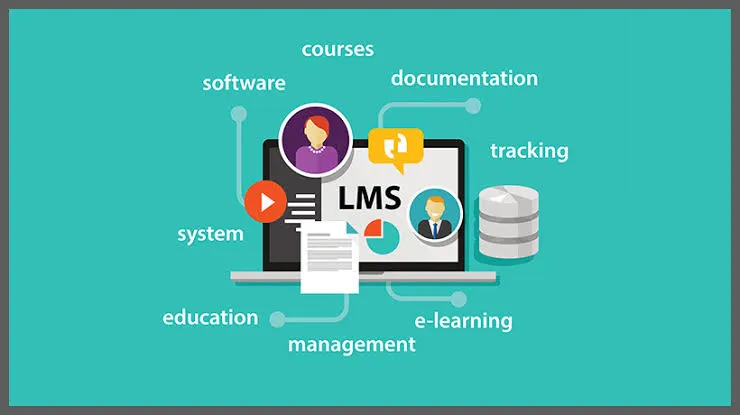
Learning management systems are evolving with the advancement in tech. It enhances the student’s understanding and increases the educator’s workflow. E-learning modules are in hype among the vast audience. The information handling practices are interactive and have integration with social media networks. The positive aspects of school ERP are to practice games that incorporate skills development. It develops high significance and retention power with the impact of learner engagement.
Institutions, tutors, and other academics can offer online or hybrid classes using an LMS. It forecasts advanced components to organize students, ease cooperation, and more. The student information system comprises course builders' features and vibrant communication channels. A broader range of learners & higher educational organizations adopts LMS.
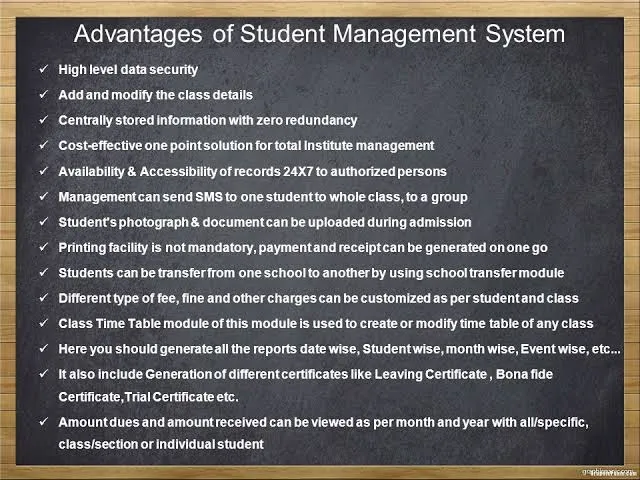
The courses set up to overcome existing responsibilities such as jobs, family, and others. The online assessment tools focus on uncommon units absent in a traditional setting. Innovations of LMS allow schools and universities to measure added programs. Such programs give developers valuable insight to optimize operations and adjust to student needs.
Flexible distribution of training materials
Through LMS, students can join lessons in a class or remote. Textbooks include all the sources and activities but software applications can manage that easily. It targets a global audience in different time zones. This easy to use learning object is in one location so that there is the minimization of the risk of losing data. LMS is a widespread source of online collaboration without reading materials distributed over hard drives and machines.
Resources into a variety of formats
LMS allows teachers to gather multiple topics or skills in a system. The online assessment tools will help scholars understand the context in a way that suits them. Videos and external sites embed into the class pages to provide students ease of entry and engage in learning pages.
Parental access to class schedules, outlines, and assessment
Parents and guardians can have entry to their child’s calendar, class timetable, outline, and assessment dates. E-learning material is an opportunity for conversation outside of class time. You can keep track of learners’ progress and meet their performance milestones.
Allows myriad assessment options
Assessment can take place online via multiple forms in LMS. The test scoring and assessment through Short quizzes, questionnaires allow delivering the immediate effect. Teachers can also reference an external site, constituting video forms, and relate questions or topics from that basis. The course time tracking options allow uploading work in various shapes, including screencasts videos or podcasts. Reporting features available in LMS include.
- Reports for the student growth through referred materials
- Facilitator and teacher assessment by students
- Student engagement and participation
Transparency on feedback
The feedback gets suggested over the LMS. The course evaluation is a response for both formative and summative tasks so teachers can access and perform actions for the same.
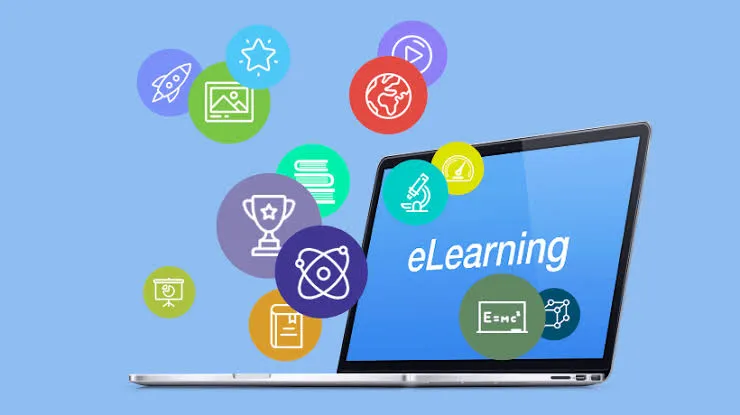
Mobile access
The digitization of teachers and students allows approaching course material using cellular data. The flexibility permits schools and universities to offer courses even to those outside the reach of the network. The participants with hectic schedules can also access online classes at their convenience. Students can have unlimited entry to information on the go.
Conclusion
With the transition of remote learning, the student information system is the basis of class, student demographics, and the institution. It tests the overall student’s skills development. The teacher must invest in the platform that enhances student organization, tracks student data, and provides several communication systems.


